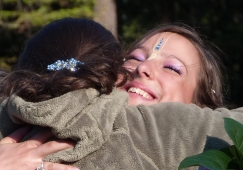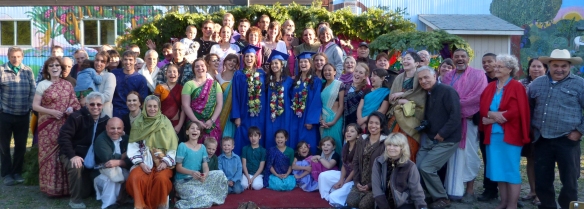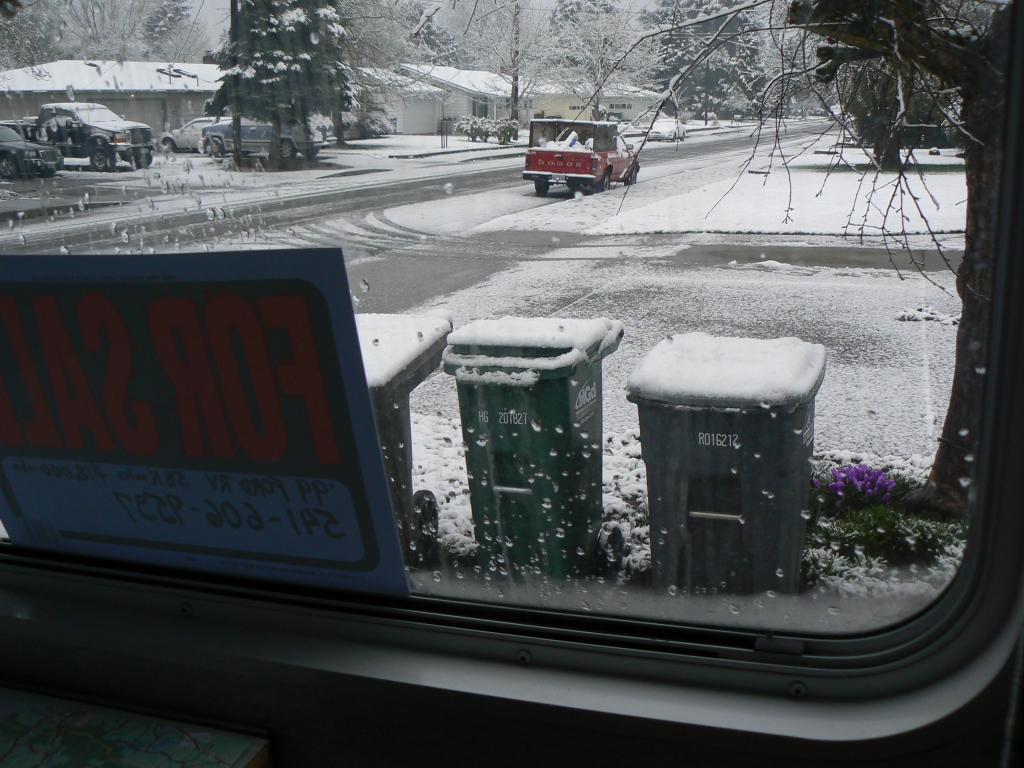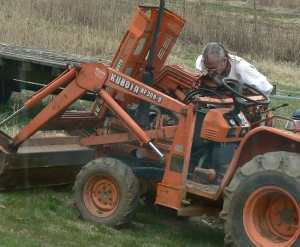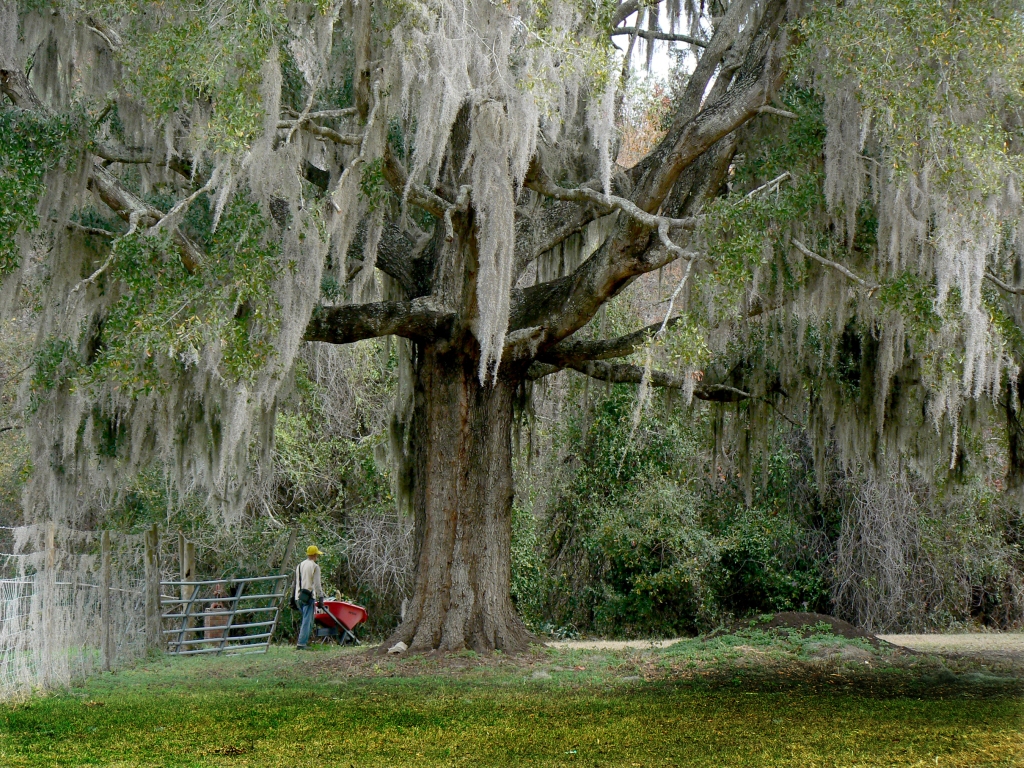Five Years, Eleven Months and a Lifetime of Unexpected Love, Visakha Dasi
In 1971, at age 20, Visakha had just published her first book and was beginning her ascent to fame and fortune through a career in photojournalism. She dreamed of bringing the people of the world closer by sharing their common kinship and values through her photographic essays. Then, at the invitation of her college boyfriend, John Griesser, who was working on his MFA thesis in India, Visakha traveled east, where she first learned about bhakti yoga – the yoga of devotion – from a simple Indian sage. The bhakti tradition seemed irrelevant to Visakha, and she rejected it.
Five Years, Eleven Months and a Lifetime of Unexpected Love is Visakha’s deeply personal account of the emotional upheaval caused by her doubting her own cherished convictions, by her discovery that the alarmingly unreasonable – bhakti – could gradually become alarmingly reasonable. Visakha portrays her own and others’ experiences in India, Europe, and the United States as they grapple with knowledge and a culture that is at once utterly foreign yet also resonant with their hearts. And she reflects on the profound, life-altering questions that we all sometimes ask. Written by a fellow seeker who maintains a healthy dose of skepticism, this is the heartwarming, funny, colorful, bizarre, surprising, informative, and upending true story that will help questioner-skeptics see life from another perspective, one likely different from their own. In Five Years, Eleven Months, Visakha beautifully weaves together her personal losses and gains with an age-old tradition that enfolds her, creating a moving narrative for anyone who has ever asked, “Why?”
Five Years, Eleven Months and a Lifetime of Unexpected Love is a moving memoir that will take its readers on a transfixing and insightful journey that will stay with readers for a long time. Memoirs are my favorite type of book to read, I love memoirs because they give the reader insight into a person’s fascinating life. In particular, I love memoirs with travel themes and religious themes because the reader is whisked away on a journey that is exciting as well as poignant and if the author of such a memoir is brilliantly descriptive about the places he and or she visits, the reader will feel as if they are right there experiencing every moment the author is and that is wonderful! Five Years, Eleven Months and a Lifetime of Unexpected Love written by the extraordinary Visakha Dasi is just this type of book; it is an incredibly powerful memoir that whisks the reader away to India as well as a few more countries. The reader thanks to the author’s impeccable descriptions will feel as if they are right there so already I would have to implore you lovely readers to have a read of Five Years, Eleven Months and a Lifetime of Unexpected Love!
Five Years, Eleven Months and a Lifetime of Unexpected Love is a memoir written by the author and focus of the story, Visakha Dasi. Visakha throughout Five Years, Eleven Months and a Lifetime of Unexpected Love will take her readers on the journey through her life and the many key factors in it that shaped her life. In 1971 Visakha who was only twenty years old at the time had published her first book which started her very successful career in photojournalism and her dream was to bring ‘the people of the world closer together by sharing their common kinship and values through her photographic essays.’ I had to take this quote directly from the description book lovers because I could not explain it any better!
Visakha will one day meet her boyfriend John, and he invites her to India, and it is then that she travels to India from her home in Long Island, NY to shoot films and travel. During the year of her traveling to India, there was a movement starting which involves the Hare Krishna and this movement is the foundation of the book and how Visakha spent six years of her life traveling the world with Srila Prabhupada, the founder of Hare Krishna. What follows is an insightful, moving and captivating piece of nonfiction that will take readers a spiritual journey that will leave a lasting impression among readers.
The exceptional author of Five Years, Eleven Months and a Lifetime of Unexpected Love poignantly takes her readers on a journey through her experiences and the subsequent emotions she felt, and this makes for extremely emotive literature that compelled me from start to finish. However, despite the book being in part memoir it is mostly a history lesson about the Hare Krishna movement and shows a side to Srila Prabhupada which has not been seen before, and I think that is so wonderful how Visakha was able to combine her memoir with the movement and that is so special to me.
The profoundness in Five Years, Eleven Months and a Lifetime of Unexpected Love is sensational, and many readers will feel a host of different emotions while reading this book. Visakha effortlessly inspires thoughts and feelings in her readers as well as compel them to read from beginning to end. I found myself reading Five Years, Eleven Months and a Lifetime of Unexpected Love at an alarming rate because it was captivating as well as engrossing; her incredible literature will have you turning the pages like a mad woman, and I adored how she was able to do this! As well as Visakha writing her novel in an incredibly compelling way, she also is excellent at describing the settings and places in her book. Visakha’s beautifully descriptive writing of India and the other places in the world the reader encounters will make the reader feel as if you are right there, this is how I felt, and because I did, I felt as if I was with Visakha on her journey of discovery and that for me was incredibly enjoyable.
Overall Five Years, Eleven Months and a Lifetime of Unexpected Love is an inspiring, moving memoir and because I adore memoirs as well as memoirs with a travel theme, it is no surprise that I have fallen madly in love with Five Years, Eleven Months and a Lifetime of Unexpected Love! Five Years, Eleven Months and a Lifetime of Unexpected Love, of course, gets a dazzling five stars from me!
Thank you so much for reading book lovers! I appreciate it so much, I love discussing wonderful books with all of you so please comment below and let me know your thoughts on Five Years, Eleven Months and a Lifetime of Unexpected Love. Do you see yourself reading this book? Do you love the genre? Please let me know your brilliant thoughts below and I will be sure to comment back. Thank you so much again for reading!
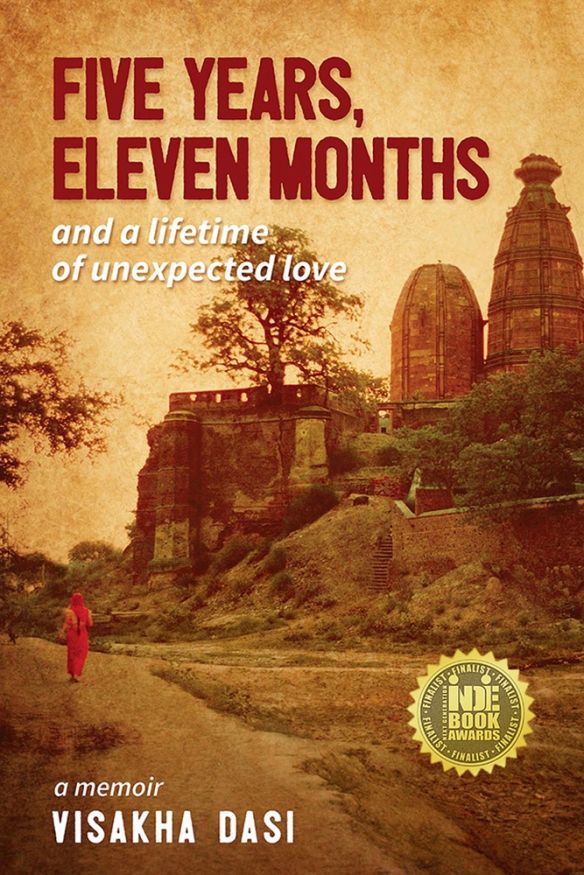
P.S. Below I have attached some links about the author and this wonderful book so if you would like to learn more about the author and the book then please have a browse. Thank you so much again for reading book lovers, I can’t wait to read your thoughts on this book!
OurSpiritualJourney.com
VisakhaDasi.com





